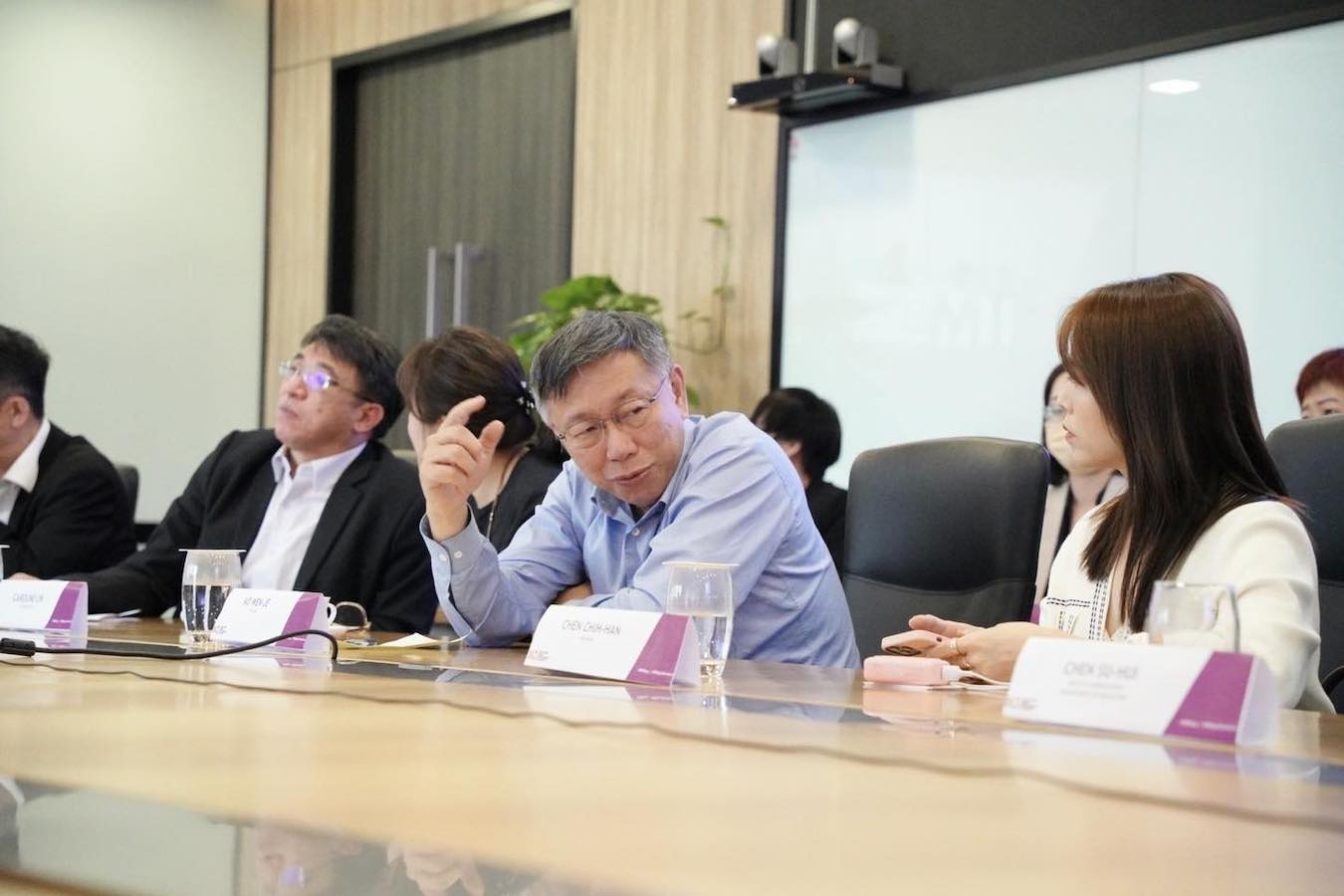by Brian Hioe
語言:
English
Photo Credit: Jimmy Liao/Pexels
PAN-GREEN LEGISLATORS from the DPP and NPP held a press conference last weekend to call attention to the issue of unregulated organ harvesting and trafficking from China. The legislators called for the enactment of a law targeting organ harvesting and trafficking, in particular, targeting live organ harvesting. The law would mostly aim to target China and Cambodia. The press conference took place on December 10th, also known as International Human Rights Day.
Legislators called attention to the fact China has a large supply of organs available for transplant. This occurs to the extent that the date of organ transplants can be set in advance. The quality of the organs is usually high.
It is thought that China is able to provide this number of organs because they are harvesting from individuals on death row. According to participants in the press conference, China itself admits this.
However, there have been long-standing allegations that China harvests live organs from Falun Gong practitioners. More recently, there have also been allegations that China harvests live organs from Uyghurs. As such, there have been criticisms of the Chinese government for violations of human rights in its organ harvesting, while using organ harvesting as a means of income.
The press conference drew attention to the fact that Taiwanese are not merely passive victims of China’s organ harvesting and instead participate in it themselves. This is not only through receiving organs harvested on questionable grounds, but doctors going to China and participating in organ harvesting. The legislators suggested that this often had the element of becoming involved in organ trafficking.
 Ko Wen-je (center). Photo credit: Ko Wen-je/Facebook
Ko Wen-je (center). Photo credit: Ko Wen-je/Facebook
No less than Taipei mayor Ko Wen-je, a doctor by trade, Ko Wen-je has been accused of participating in Chinese organ harvesting in the past. The controversy regarding this broke out prior to Ko’s 2014 mayoral victory, though it did not prevent his victory as a candidate who had the endorsement of the DPP.
However, if the allegations were true against Ko, they would be highly concerning irrespective of his political career. Ko was, after all, the head of the department of traumatology at the National Taiwan University Hospital, the affiliated hospital of Taiwan’s most prestigious educational institution. If Ko was implicated in organ harvesting, this would suggest the issue takes place at incredibly high levels of Taiwan’s medical establishment. Either way, members of the Falun Gong in Taiwan tend to be quite active in trying to draw attention to the issue.
In the meantime, the issue is unlikely to find support from the pan-Blue camp. Former KMT chair Hung Hsiu-chu raised eyebrows in May by visiting Xinjiang, where she expressed approval for China’s “anti-terrorism” policies, and denied that any atrocities against human rights were taking place there. It is thought that more than one million Uyghurs may be detained in “reeducation” camps by the CCP, on the basis of their Muslim faith, and with the view that Uyghurs are predisposed to separatist sentiment.
While Hung is significantly to the deep blue fringe extreme of the KMT, recently elected Taipei mayor Chiang Wan-an, too, claimed that there was insufficient evidence of atrocities against Uyghurs in Xinjiang. Chiang stated this when questioned about calls to boycott cotton from Xinjiang, shrugging off calls to endorse the campaign with this justification.
More generally, then, the KMT is unlikely to throw its weight behind any calls against Chinese organ harvesting. Namely, some elements of the KMT realize that too strong an association with China is detrimental to the party. Former chair Johnny Chiang and current chair Eric Chu have been among those in the KMT to propose dropping the 1992 Consensus, for example, recognizing that it proves politically toxic for the KMT in the present. Likewise, Chu has sought to rebrand the KMT as a pro-US party, so as to change its pro-China image.
At the same time, such efforts to change the KMT’s image have met with internal opposition from deep Blues in the party that still see China in a highly positive light. This wing of the party has become increasingly vocal in recent years, seeing the KMT as drifting away from its core values with efforts by Chu, Chiang, or other would-be-reformers to change, and they were a large driving force behind Han Kuo-yu’s 2020 presidential campaign.

